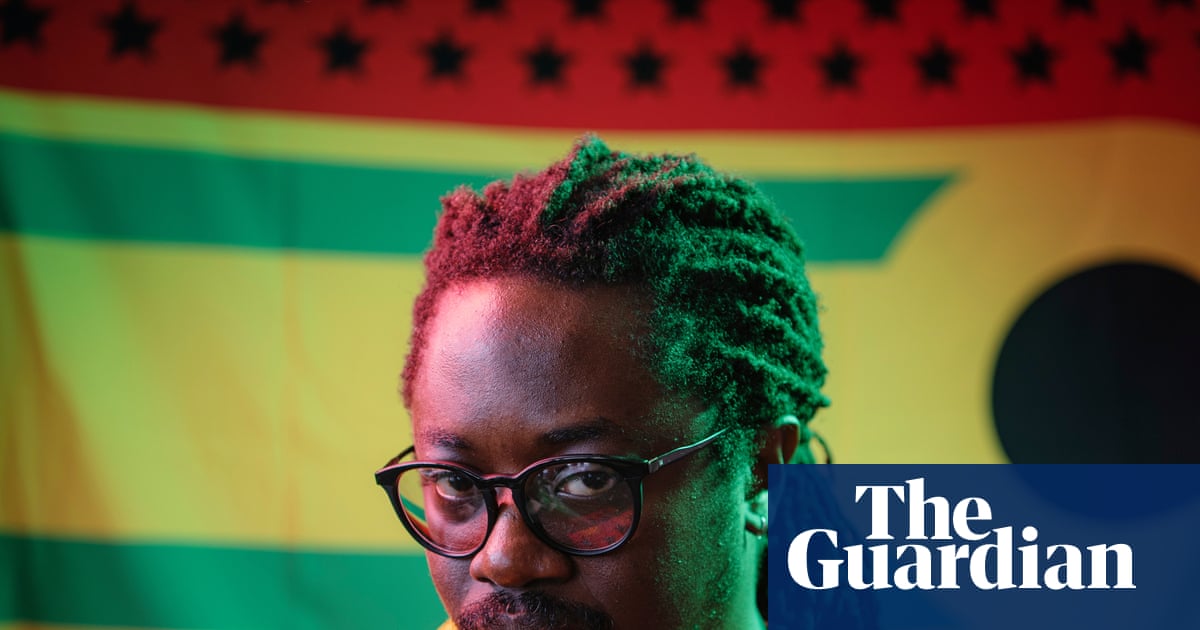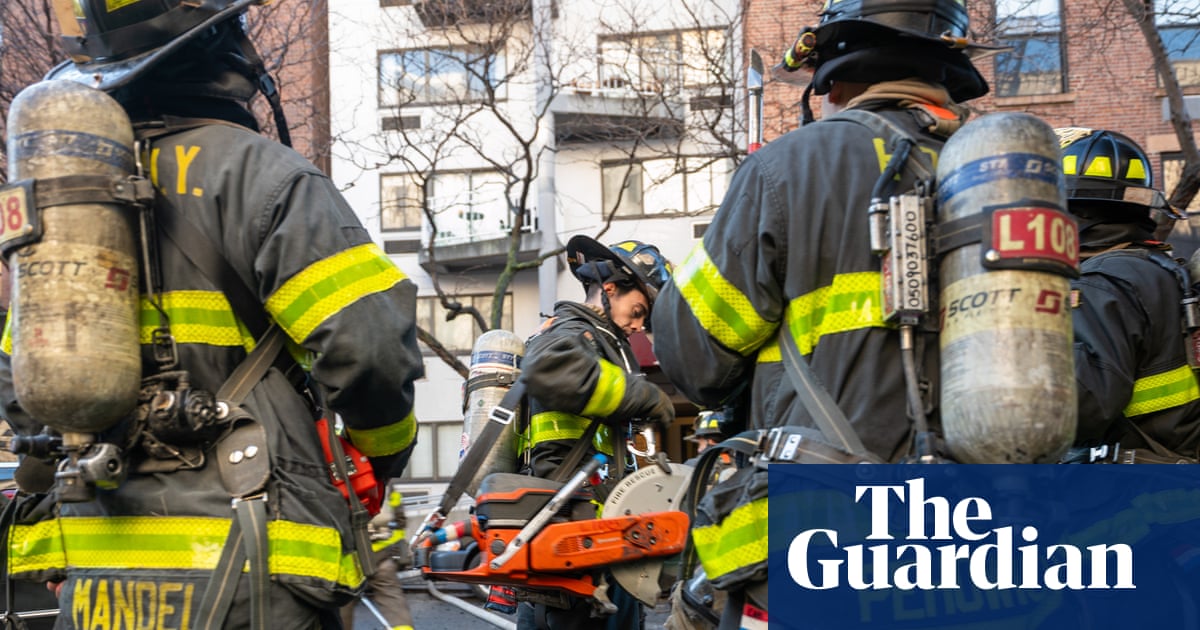A historic EU-style free movement agreement comes into force in four Caribbean countries on Wednesday, in a deal which officials hope will stem the flow of skilled professionals leaving the region for North America and Europe.
The agreement between Barbados, Belize, Dominica and St Vincent and the Grenadines (SVG) follows decades of discussions and negotiations among members of the Caribbean Community (Caricom) – a regional grouping of 15 member countries.
The “full free movement” will allow nationals of the four countries to reside, work and remain indefinitely in any of the countries without the need for a work or residency permit.
It is an expansion of migration options currently offered under the Caricom Single Market and Economy (CSME) programme, in which Caricom nationals can apply to reside in any participating member countries under categories such as skills, services and business establishment.
David Comissiong, the Barbados ambassador to Caricom, said the scheme was not just about free movement of workers, but was also about cultural and economic integration and achieving a single market and single economy across the Caribbean.
“We are virtually the same people. We have no historical animosities against each other, and we are very similar culturally. So, this is a breakthrough, even though it’s only four countries. The idea is, once the four countries make the start and perfect this regime, that others will join,” he said.
Kendol Morgan, a former Caricom communications lead, said one concern for some nations during negotiations was the potential pressure on social services.
“I know that some countries were concerned that if there was a lot of movement that a lot of people came in, say for employment, and they brought their children with them and spouses, the numbers may add up. And where the health sector is already stretched just catering for the local population, that may extend to a point where the authorities may find it difficult to deal with,” he said.
A similar free movement arrangement between countries in a sub regional group called the Organisation of Eastern Caribbean States gave some confidence to governments, after “they saw that there was no overrunning of any particular country”, he said.
The new arrangement comes amid ongoing concerns about a regional brain drain, with skilled professionals following lucrative salaries and opportunities in the UK, the US and Canada, leaving islands with gaps in critical fields such as healthcare and education.
Mia Mottley, the Barbados prime minister, has raised concerns about the country’s declining and ageing population.
Echoing her concerns, Comissiong, said he hopes the full freedom of movement scheme will provide more opportunities in the region.
“All of our countries have a vested interest in cutting down on the number of our people who migrate to North America and Europe, especially since the majority of these migrants, tend to be… highly educated and trained young people – precisely the citizens that we need to keep at home so that they could produce and contribute to national development.
“Anything that we could do to make our Caribbean region more attractive to these young people who live at home is a step in the right direction,” he said.
Opinions across the region were split. Anthony Roberts, 45, a shop attendant in Barbados expressed concern the deal would mean more competition for jobs. But University of the West Indies student, Darren Clarke, 21, said it was “a step in the right direction”.
“People should be able to move around and contribute wherever their skills are needed. I like the idea that I could one day take a job in Jamaica or Guyana without having to jump through a million hoops,” he said.
Michelle Thorne, 46, an air traffic controller in St Vincent and the Grenadines is concerned that Vincentians would be enticed by higher salaries and the country would lose critical workforce.
But teacher Marissa Bacchus, 32, said the arrangement provides an alternative to migrating to the US, which she says is becoming less attractive because of gun violence. “I am already considering moving … . I’m qualified to teach in Barbados. I feel much safer in the Caribbean and don’t have to worry about winter and I’m on a quick flight home if anything,” she said.

 2 months ago
57
2 months ago
57

















































